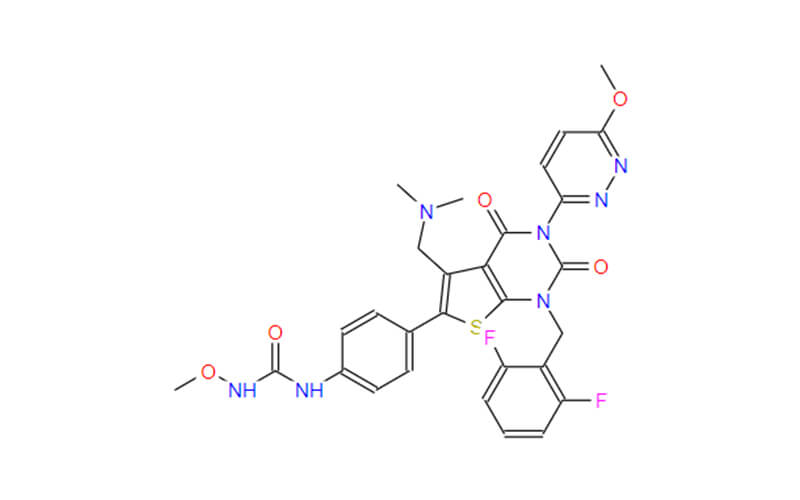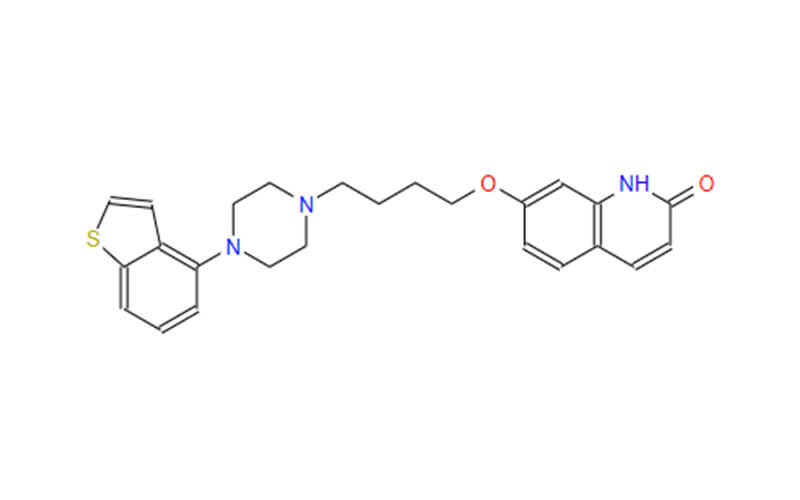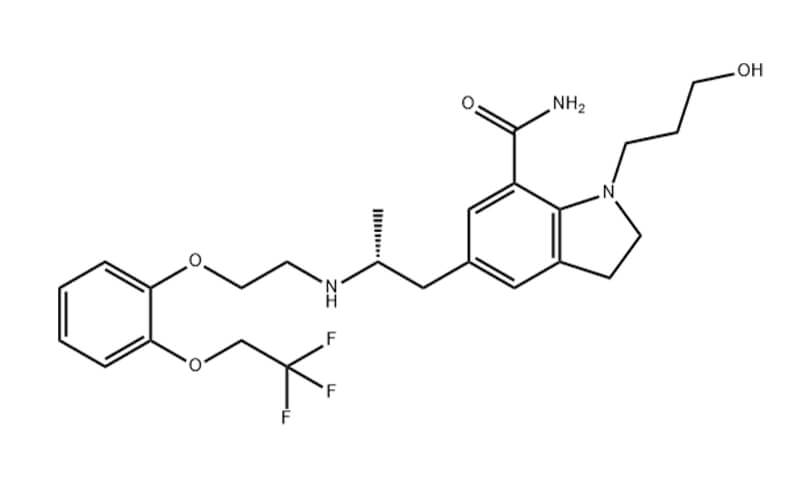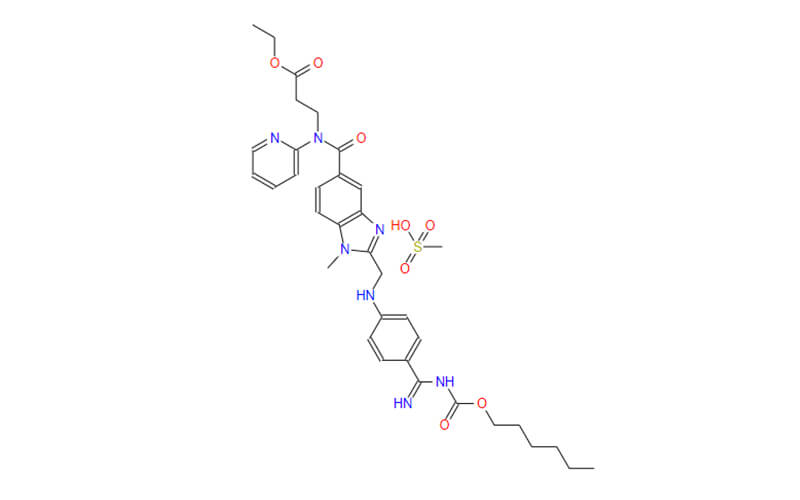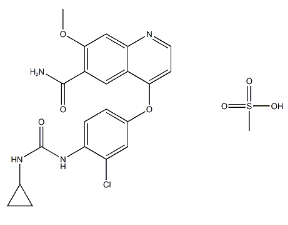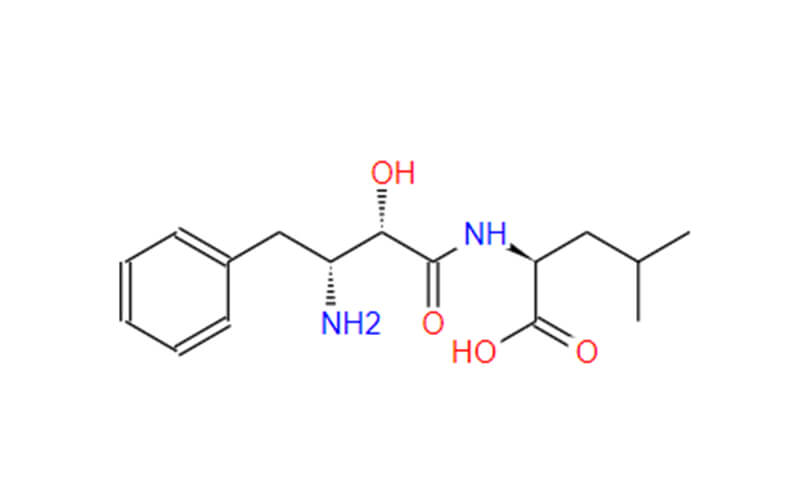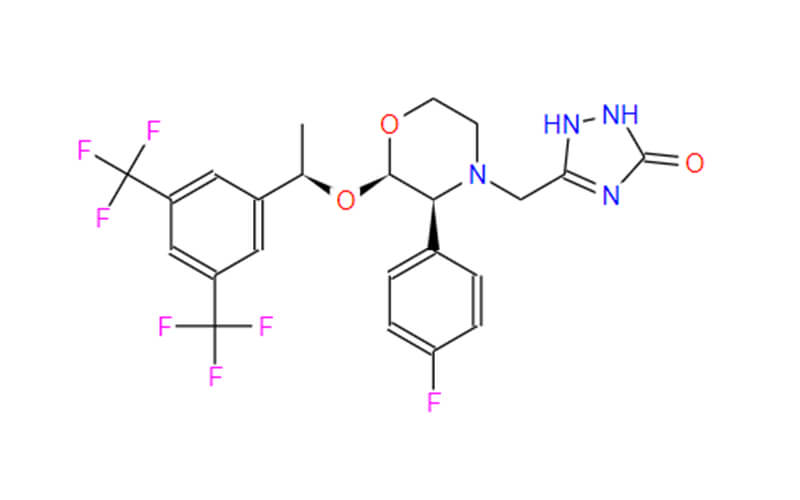Bisoprolol Fumarate vs. Newer Medications for Hypertension
Bisoprolol fumarate, a beta-blocker medication, has been a mainstay in hypertension (high blood pressure) treatment for decades. However, with the introduction of newer drug classes, healthcare professionals face a crucial question: When is bisoprolol the best choice, and when should a newer medication be considered? This article will analyze the evidence and compare bisoprolol fumarate to recently introduced medications for hypertension.
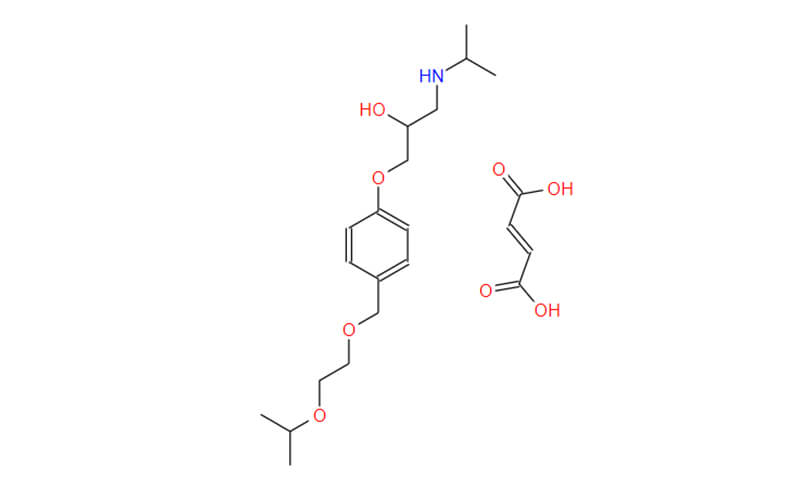
Effectiveness of Bisoprolol Fumarate and Newer Medications
Bisoprolol fumarate, a well-established beta-blocker, has been widely utilized for decades in the management of hypertension. Its mechanism of action involves blocking the effects of adrenaline on the heart and blood vessels, resulting in reduced heart rate and blood pressure. Studies have consistently demonstrated the effectiveness of bisoprolol fumarate in lowering blood pressure levels, thereby reducing the risk of cardiovascular events and complications associated with hypertension.
However, in recent years, newer medications for hypertension have emerged, offering alternative treatment options with potentially distinct mechanisms of action and therapeutic benefits. Angiotensin-converting enzyme (ACE) inhibitors, angiotensin II receptor blockers (ARBs), calcium channel blockers, and diuretics constitute the newer classes of antihypertensive medications.
Comparative studies evaluating the effectiveness of bisoprolol fumarate against newer medications have yielded mixed results. While some studies suggest similar efficacy between bisoprolol and newer agents, others indicate potential advantages of newer medications in certain patient populations or clinical scenarios. For example, ACE inhibitors and ARBs have demonstrated renoprotective effects and cardiovascular risk reduction beyond blood pressure control in patients with chronic kidney disease or heart failure.

Side Effects of Bisoprolol Fumarate and Newer Medications
When it comes to managing hypertension, understanding the potential side effects of medications is paramount for both healthcare providers and patients. Let’s delve into the common side effects associated with bisoprolol fumarate and newer hypertension treatments.
1. Understanding Bisoprolol Fumarate Side Effects
Bisoprolol fumarate, a beta-blocker, is renowned for its efficacy in lowering blood pressure. However, it’s crucial to recognize its potential side effects. Among the most frequently reported are fatigue and dizziness, likely stemming from the medication’s ability to reduce heart rate and blood pressure. Patients may also experience cold extremities due to decreased peripheral blood flow. Importantly, bisoprolol can exacerbate symptoms in individuals with asthma or heart failure, necessitating careful monitoring and consideration before prescribing.
2. Exploring Newer Medications Potential Risks
As healthcare advances, newer hypertension medications have emerged, offering alternative treatment options. However, these medications come with their own set of potential side effects. ACE inhibitors, like lisinopril, are notorious for causing a persistent dry cough in some patients, which can significantly impact quality of life. ARBs, such as losartan, may lead to hyperkalemia, particularly in individuals with compromised kidney function. Additionally, calcium channel blockers, like amlodipine, can induce peripheral edema due to their vasodilatory effects.
How to Choose Between Bisoprolol Fumarate and Newer Medications?
Selecting the most suitable medication for managing hypertension involves careful consideration of various factors, including efficacy, safety profile, patient preferences, and individualized treatment goals. When comparing the traditional beta-blocker bisoprolol fumarate with newer hypertension medications, healthcare providers must navigate a complex landscape to make informed decisions that optimize patient outcomes.
1. Understanding Mechanisms of Action:
Bisoprolol fumarate belongs to the class of beta-blockers, which work by blocking the effects of adrenaline on the heart and blood vessels, resulting in decreased heart rate and blood pressure. Newer medications for hypertension encompass diverse classes such as ACE inhibitors, ARBs, calcium channel blockers, and diuretics, each exerting their antihypertensive effects through distinct mechanisms.
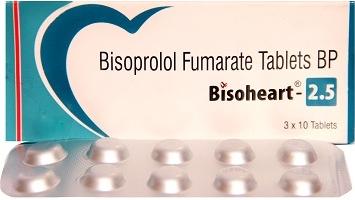
2. Considering Efficacy and Additional Benefits:
Studies have demonstrated the efficacy of bisoprolol fumarate in lowering blood pressure and reducing cardiovascular risk. However, newer medications, particularly ACE inhibitors and ARBs, may offer additional benefits beyond blood pressure control. These include renal protection, reduction of proteinuria, and cardiovascular risk reduction, making them valuable options for individuals with specific comorbidities such as diabetes or chronic kidney disease.
3. Evaluating Safety Profiles and Side Effect Profiles:
Both bisoprolol fumarate and newer medications have associated side effects that must be carefully considered. Bisoprolol fumarate may cause fatigue, dizziness, and exacerbation of symptoms in patients with asthma or heart failure. Conversely, newer medications may lead to adverse effects such as cough (with ACE inhibitors), hyperkalemia (with ARBs), or peripheral edema (with calcium channel blockers). The choice between medications requires an individualized risk-benefit assessment, taking into account the patient’s medical history, tolerability, and potential interactions with concomitant medications.
4. Personalizing Treatment:
Choosing between bisoprolol fumarate and newer medications necessitates a personalized approach that considers the unique characteristics and preferences of each patient. Factors such as age, comorbidities, concomitant medications, kidney function, and lifestyle factors should all be taken into account. Engaging patients in shared decision-making empowers them to actively participate in their healthcare journey and fosters adherence to treatment regimens.
5. Collaborative Decision-Making and Ongoing Monitoring:
Healthcare providers play a pivotal role in guiding patients through the decision-making process, providing education, and addressing any concerns or misconceptions. Regular monitoring and follow-up appointments allow for ongoing assessment of treatment efficacy and tolerability, enabling adjustments as needed to achieve optimal blood pressure control while minimizing side effects.
In conclusion, choosing between bisoprolol fumarate and newer medications for hypertension requires a comprehensive evaluation of efficacy, safety, patient preferences, and individualized treatment goals. By adopting a personalized approach to treatment selection and engaging in collaborative decision-making with patients, healthcare providers can optimize outcomes and improve adherence to therapy, ultimately enhancing the quality of life for individuals living with hypertension.
The Role of Bisoprolol in the Modern Treatment Landscape
Within the expansive realm of hypertension management, bisoprolol fumarate stands as a stalwart agent, wielding its efficacy and reliability in controlling blood pressure amidst a landscape of evolving treatment modalities. As the medical community continues to explore novel pharmacotherapeutic options, understanding the enduring significance of bisoprolol is pivotal in comprehending its place in contemporary cardiovascular care.
1. Established Efficacy:
Bisoprolol, belonging to the class of beta-blockers, has solidified its position through decades of clinical use and research. Its mechanism of action, primarily targeting beta-adrenergic receptors, results in the reduction of heart rate and myocardial contractility, ultimately leading to a decrease in blood pressure. The robust evidence base supporting the efficacy of bisoprolol in lowering blood pressure underscores its status as a cornerstone agent in hypertension management.

2. Cardiovascular Protection:
Beyond its blood pressure-lowering effects, bisoprolol exhibits additional cardioprotective properties, making it indispensable in the management of various cardiovascular conditions. Studies have demonstrated its efficacy in reducing the risk of adverse cardiovascular events, such as myocardial infarction and stroke, particularly in individuals with underlying coronary artery disease or heart failure. The ability of bisoprolol to attenuate the deleterious effects of sympathetic activation on the cardiovascular system underscores its broader role in cardiovascular risk reduction.
3. Tailored Therapeutic Approach:
One of the hallmark characteristics of bisoprolol is its versatility in clinical practice. With multiple formulations and dosing options available, healthcare providers can tailor treatment regimens to meet the individual needs of patients. Whether used as monotherapy or in combination with other antihypertensive agents, bisoprolol offers flexibility in achieving optimal blood pressure control while minimizing side effects.
4. Integration into Multimodal Treatment Strategies:
In the era of multimodal treatment strategies, bisoprolol seamlessly integrates into comprehensive management plans for cardiovascular disease. Its role extends beyond hypertension management, finding utility in conditions such as stable angina, heart failure with reduced ejection fraction, and post-myocardial infarction care. The ability of bisoprolol to address multiple facets of cardiovascular pathology underscores its significance in modern treatment paradigms.

How to Choose A Reliable Bisoprolol Manufacturer?
Choosing a reliable manufacturer for bisoprolol fumarate is essential to ensure the quality and safety of the medication. Healthcare providers should prioritize pharmaceutical companies with a proven track record of adherence to good manufacturing practices (GMP) and stringent quality control measures. Qingmu Pharmaceutical is a reputable manufacturer of bisoprolol fumarate and other pharmaceutical products and has garnered trust and recognition for its adherence to stringent quality standards. With a commitment to excellence and patient safety, Qingmu ensures a consistent supply of high-quality generic API for Mediation to healthcare providers and patients worldwide.
Conclusion
In the management of hypertension, the choice between bisoprolol fumarate and newer medications requires careful consideration of efficacy, side effects, patient characteristics, and preferences. While newer medications offer alternative treatment options, bisoprolol fumarate remains a cornerstone of hypertension therapy, providing proven efficacy, safety, and cost-effectiveness.

